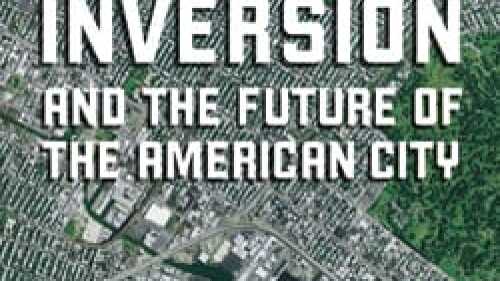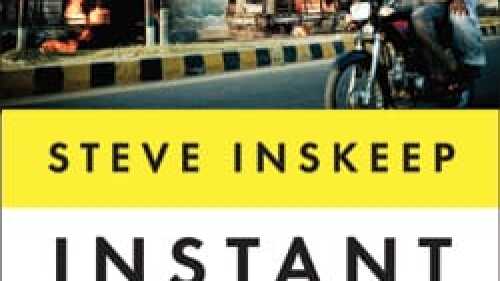Martin Zimmerman writes from Charlotte, North Carolina, and is a frequent contributor to Urban Land on a range of smart growth, urban place-making and multi-modal transportation topics. His work has also appeared in numerous publications including the Washington Times, Atlanta Journal-Constitution, APA Planning, Urban Ecology, Landscape Architecture and Preservation magazines. He currently directs the City Wise Studio USA. He can be reached at [email protected].









